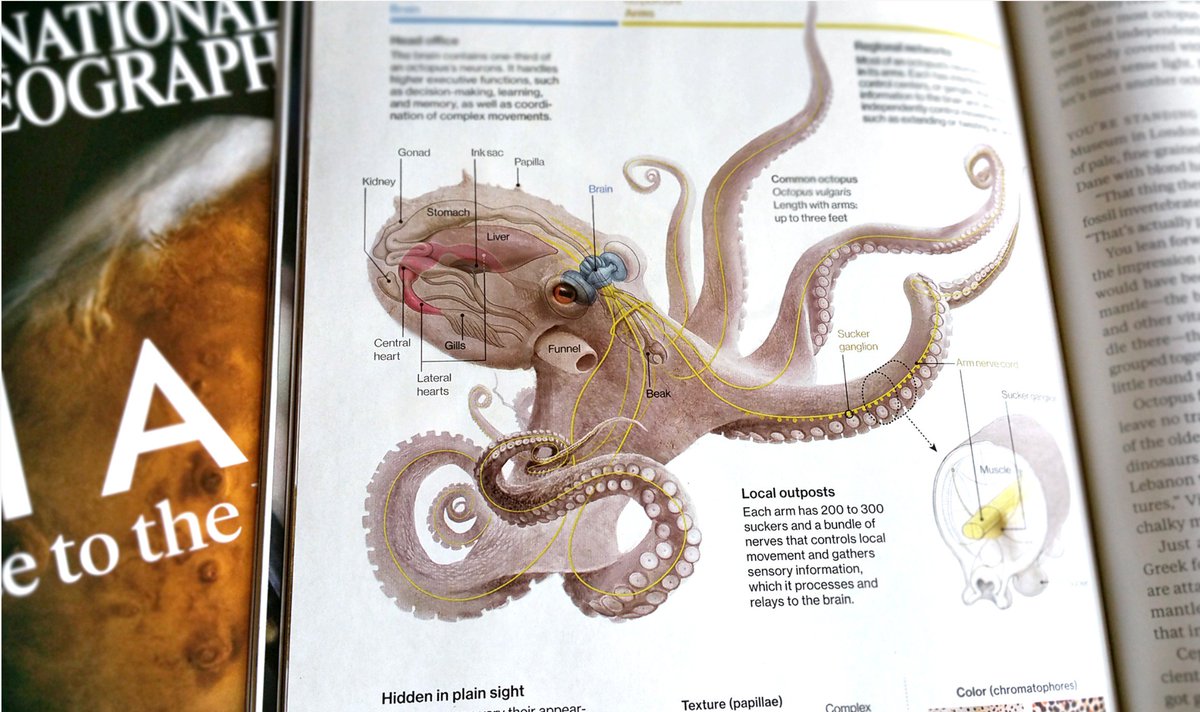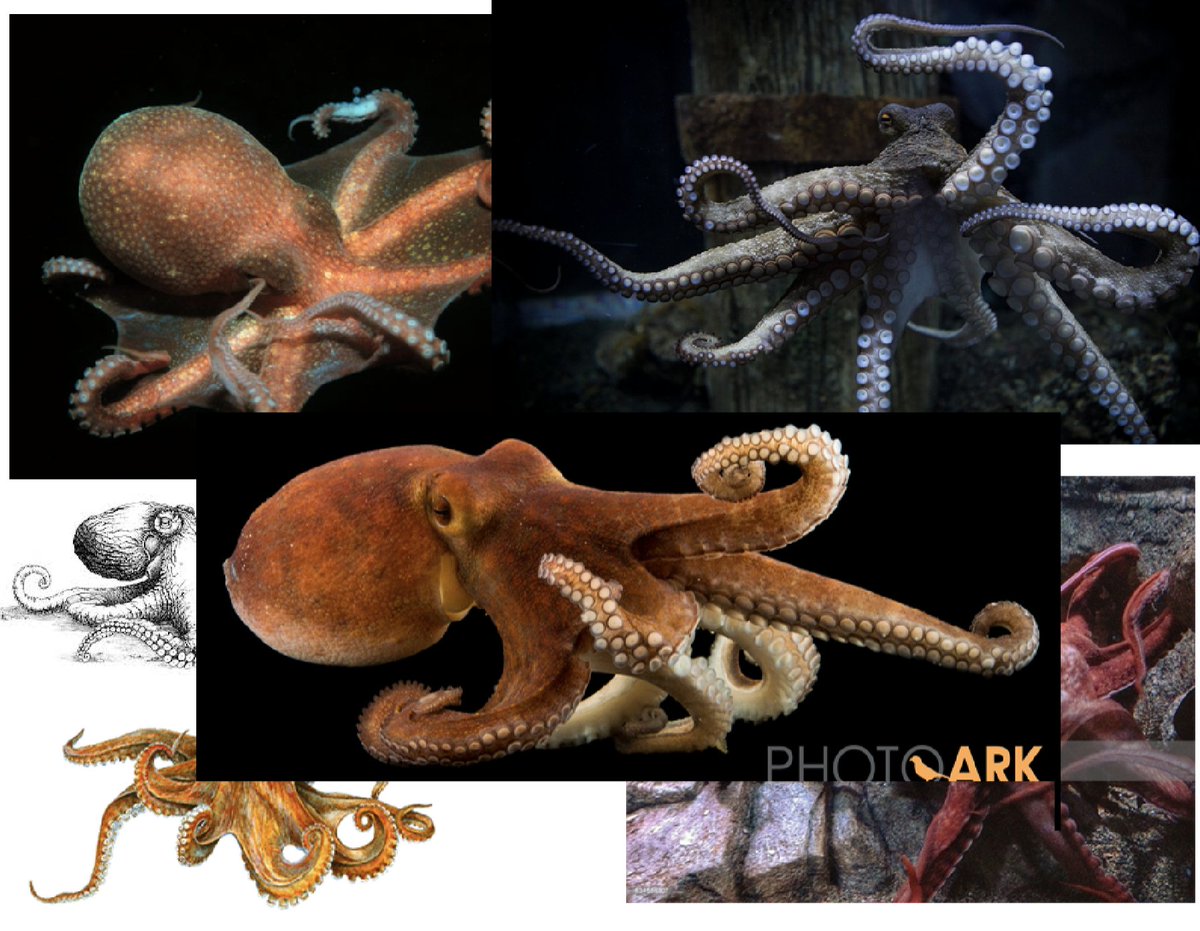So I left #postdoc, and I left #adjunct and went into #industry. There are two things I wish I knew when making this transition, and I hope it may help you...
...I didn’t know what buzzwords to put on my resume to make it reflect, in #industry terms, my skills. For #STEM academics, I’ve learned that a lot of what we do includes systems engineering, and project management...
• • •
Missing some Tweet in this thread? You can try to
force a refresh











